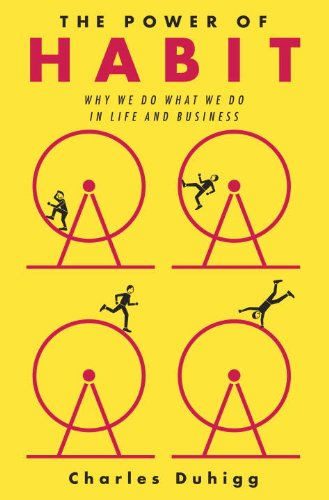Some good advice please
Seriously, how do you judge one start up against the next? I ask because I seem to be neck deep in looking at and evaluating start-ups lately.
Over the last 10 months, I have been busy designing and getting funded a (soon-to-be-launched) Healthbox accelerator in Florida, acting as a mentor for Start-Up America, judging regional start-ups for an entrepreneurial 503(C), and awarding innovativeness for the World Healthcare Innovation and Technology Congress.
Start-ups come in many shapes and sizes. Some have had series A-B-C or angel funding, some are just a smart person with a great idea looking to get incubated. Some have proven their market space; some have yet to do so?
So how do you judge across such a spectrum of diversity and maturity? Some standard valuation points investors look at are as follows:
- Value proposition – who perceives what you do as valuable and how is it offered?
- Market size and potential – how many customers can you get?
- Investors already on-board – who thinks it’s a good idea, enough to commit funding?
- Pedigree of the leadership team – who is driving the idea to market?
- Exit strategy – how can this idea be monetized, for the company and for investors?
All of these are important and I take no case with any. But since I spend most of my time looking at how to change the healthcare ecosystem for the better, I am going to offer some additional points for any start-up looking into the healthcare domain.
First, who pays?
Seems obvious, right? You would be surprised at how many ideas I have heard from very bright people that have no clue as to how revenue will actually be generated. And if your answer is “the plan will pay for it” – let me know how that works out for you? The plans are being pushed beyond their limits to find efficiencies in a rush to meet the reform market. There is some money available – but not as much as you might think. More so, they are distracted. If you really think the plan will pay for it, you need a clear and present value proposition that cuts through the noise and makes the case why your additional cost will be justified against squeezed margins.
Second, what is the ability to make a lasting and meaningful change?
 If you are going to effect change, you must change behavior. Behavior change takes time. You cannot be the app de jour but rather a meaningful part of a person’s daily workflow. Since the axiom of no size fits all is relevant here, your great tool must be aligned to a specific user group – be specific and create meaning. Be general and users will not gain value from the interaction and lose interest. If users lose interest, their behavior does not change. See my point. For more on behavior change read The Power of Habit: Why We Do What We Do in Life and Business by Charles Duhigg.
If you are going to effect change, you must change behavior. Behavior change takes time. You cannot be the app de jour but rather a meaningful part of a person’s daily workflow. Since the axiom of no size fits all is relevant here, your great tool must be aligned to a specific user group – be specific and create meaning. Be general and users will not gain value from the interaction and lose interest. If users lose interest, their behavior does not change. See my point. For more on behavior change read The Power of Habit: Why We Do What We Do in Life and Business by Charles Duhigg.
Personally, I also invest in companies that work in areas I love and understand. Here is a company I am proud to say I am invested in. I use their services as often as my wife will allow me to do so! Deneki Outdoors owns and operates fly fishing lodges in Alaska, British Columbia, and the Bahamas. Take a look at their tag line – we run fishing lodges! Pretty simple and very understandable.
If you want to ever talk more with me on this idea, or any of my ideas, please meet me down in the Bahamas at our Andros South lodge. I will be waiting for you with a drink in hand and fly rod in the other.
To your health,
The Team at imagine.GO





